
16 Subtle Clues Your Partner May Not Be Loving You as You Deserve
Love can make us see the best in someone, but it can also blur the red flags waving right in front of us. While every relationship has ups and downs, there are subtle signs that, if left unaddressed, could reveal that your partner’s feelings are not as deep or respectful as they should be.
Recognizing these clues early on isn’t about paranoia—it’s about protecting your emotional well-being and ensuring you’re in a relationship built on mutual respect, trust, and genuine affection.

- Repetitive Arguments With No Real Resolution
Having the same argument over and over without finding a solution drains emotional energy and erodes trust. Dr. Joshua Klapow, a clinical psychologist, warns, “Arguments that repeat themselves without a solution drain the relationship and create toxicity.” If you notice this cycle, it may indicate a lack of willingness to compromise, and it might be time to consider professional counseling to break the pattern.
- Arguments Turn Into Personal Attacks
When disagreements move from discussing specific behaviors to criticizing a partner’s core character, it’s a sign of deep trouble. Dr. Klapow explains, “When arguments shift from ‘I don’t like what you’re doing’ to ‘I don’t like you,’ it’s a problem.” Constructive dialogue is essential; without it, resentment can take root and cause lasting emotional scars.
- The Illusion of Peace: No Arguments at All
While never fighting may seem ideal, it can actually mean one partner has emotionally checked out. Therapist Nicole Richardson cautions that ignoring problems instead of discussing them only builds emotional distance. Healthy couples address even uncomfortable topics to prevent silent resentment from growing.
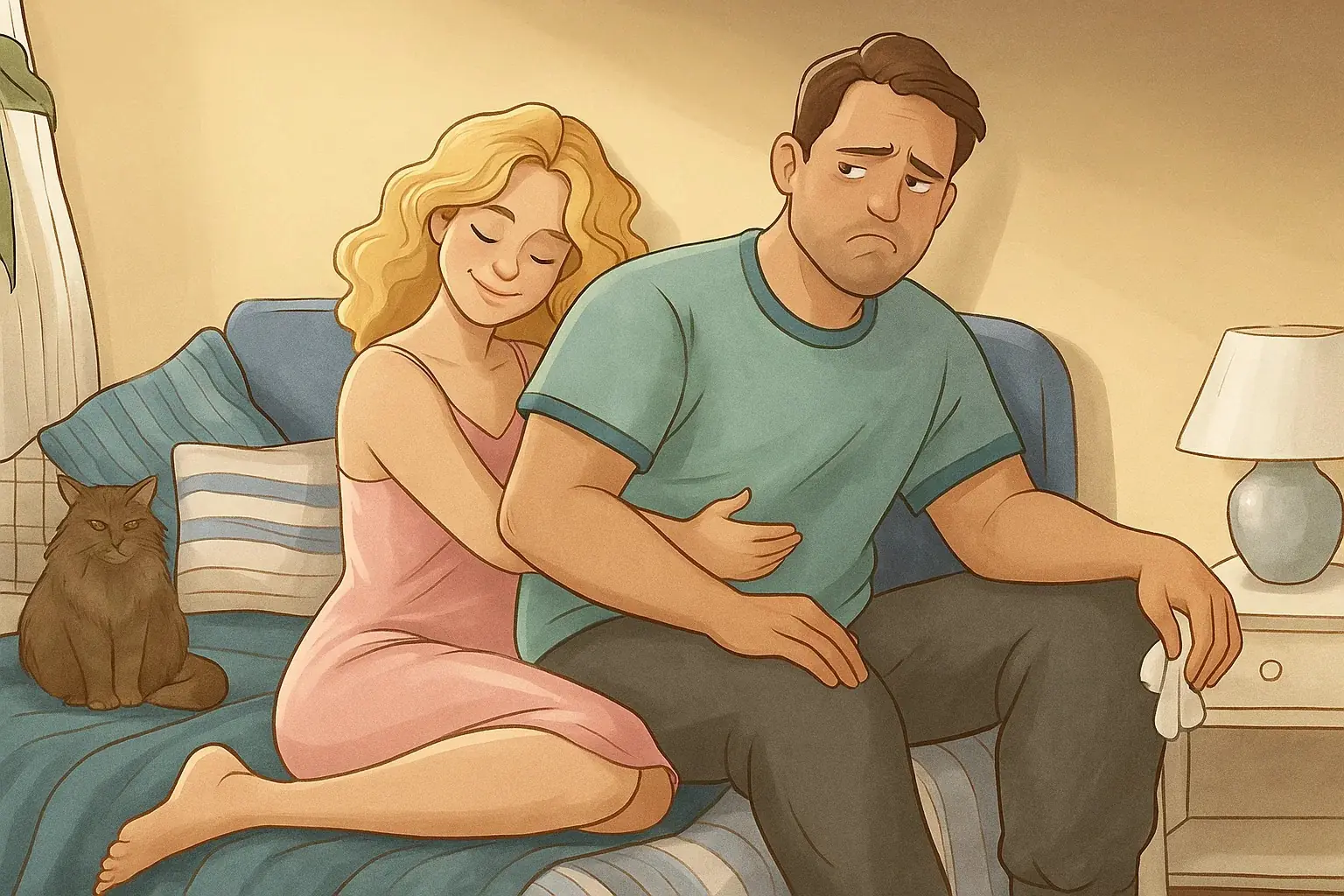
- Lack of Trust in the Little Things
Trust issues aren’t just about fidelity—they can show up in everyday matters, like doubting your punctuality or financial responsibility. If a partner struggles to trust you with small tasks, it may reveal underlying insecurity or control tendencies that can destabilize the relationship.
- Pressure to Change Who You Are
Requests to alter your habits, appearance, or personality might seem minor at first, but they often signal deeper dissatisfaction. Over time, this can chip away at your self-esteem and create a dynamic where you feel you must constantly earn your partner’s approval.
- Extreme Independence That Leaves You Out
Independence is healthy, but when your partner regularly plans their life without including you—especially important events or milestones—it may be a sign they’re avoiding deeper emotional connection. Dr. Klapow notes that a consistently “busy” schedule that sidelines you can signal emotional withdrawal.
- Too Perfect to Be Real
A partner who seems flawless and never shows vulnerability may be hiding emotional truths. Psychologist Tina B. Tessina warns that overly “polished” behavior can mask avoidance of intimacy, honesty, and genuine emotional sharing.
- Dictating Instead of Discussing
Healthy relationships thrive on collaboration. If your partner tends to dismiss your input, pressure you into decisions, or refuses to accept “no,” it may point to a controlling personality that can erode your autonomy over time.
- Possessiveness Disguised as Love
While it can feel flattering at first, possessive behavior often stems from insecurity rather than affection. Over time, this can become emotionally suffocating and limit your freedom. Tessina emphasizes that true love allows trust and independence to coexist.
- Constant Negativity About Exes
If your partner consistently blames their exes for every past relationship failure, it may suggest unresolved issues and an inability to take responsibility. This mindset can lead to repeating unhealthy patterns.
- Screen Time Over Quality Time
Constantly checking a phone during shared moments can send a clear message: you’re not their priority. Setting boundaries around technology use can help restore respect and connection.
- Over-Dependence on You
While emotional closeness is valuable, needing to be together constantly or discouraging you from seeing friends can signal emotional instability. Isolation from outside support systems is a red flag for long-term relational health.
- Anxiety Without a Clear Cause
Feeling tense or uneasy around your partner, even when nothing seems wrong, could be your intuition picking up on subtle cues of disconnection or dishonesty. Trusting that inner voice can protect you from deeper heartache later.
- Reluctance to Share Their Past
Avoiding conversations about childhood, family, or past relationships may be a sign of unresolved pain or hidden truths. Openness is essential for building emotional intimacy and trust.
- Indifference Toward Your Choices
When your partner responds to your plans or opinions with a detached “do whatever you want,” it may reflect apathy rather than support. Nicole Richardson notes that indifference can be even more damaging than anger because it shows disengagement from the relationship.
- No Shared Future Vision
A partner who avoids making plans that include you—whether for vacations, family events, or long-term goals—may be signaling uncertainty about the relationship’s longevity. True commitment involves imagining and working toward a future together.
Rebuilding or Letting Go
If several of these signs resonate with your experience, it doesn’t necessarily mean your relationship is doomed. Richardson suggests combining honest communication with professional guidance to rebuild trust and strengthen the bond. But if patterns persist without change, it may be healthier to step back and protect your own well-being.
News in the same category


Trump is Looking to Change Marijuana Laws in the Us and It Could Have a Major Impact
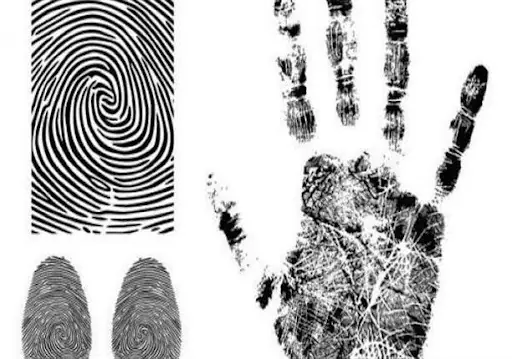
Decode the secrets behind human fingerprints.

Ch!lling simulation shows what actually happens to your body when you d!e
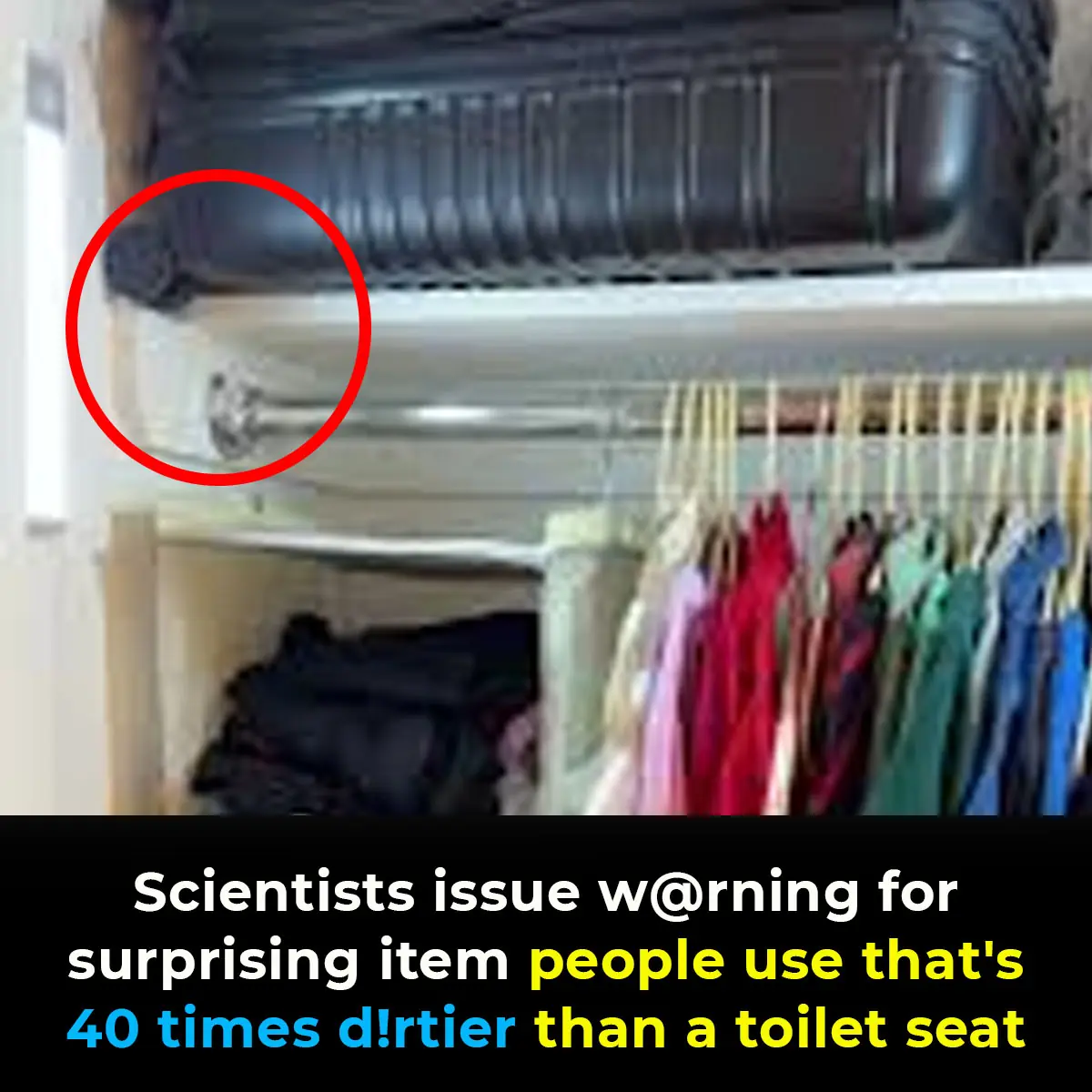
Scientists issue warning for surprising item people use that's 40 times dirtier than a toilet seat

Scientists reveal what your favorite way to eat eggs really says about you

Truth behind 5,000-year-old Stonehenge mystery as scientists reveal how it was actually built

New report reveals exactly which professions are most at risk from AI takeover in the next five years
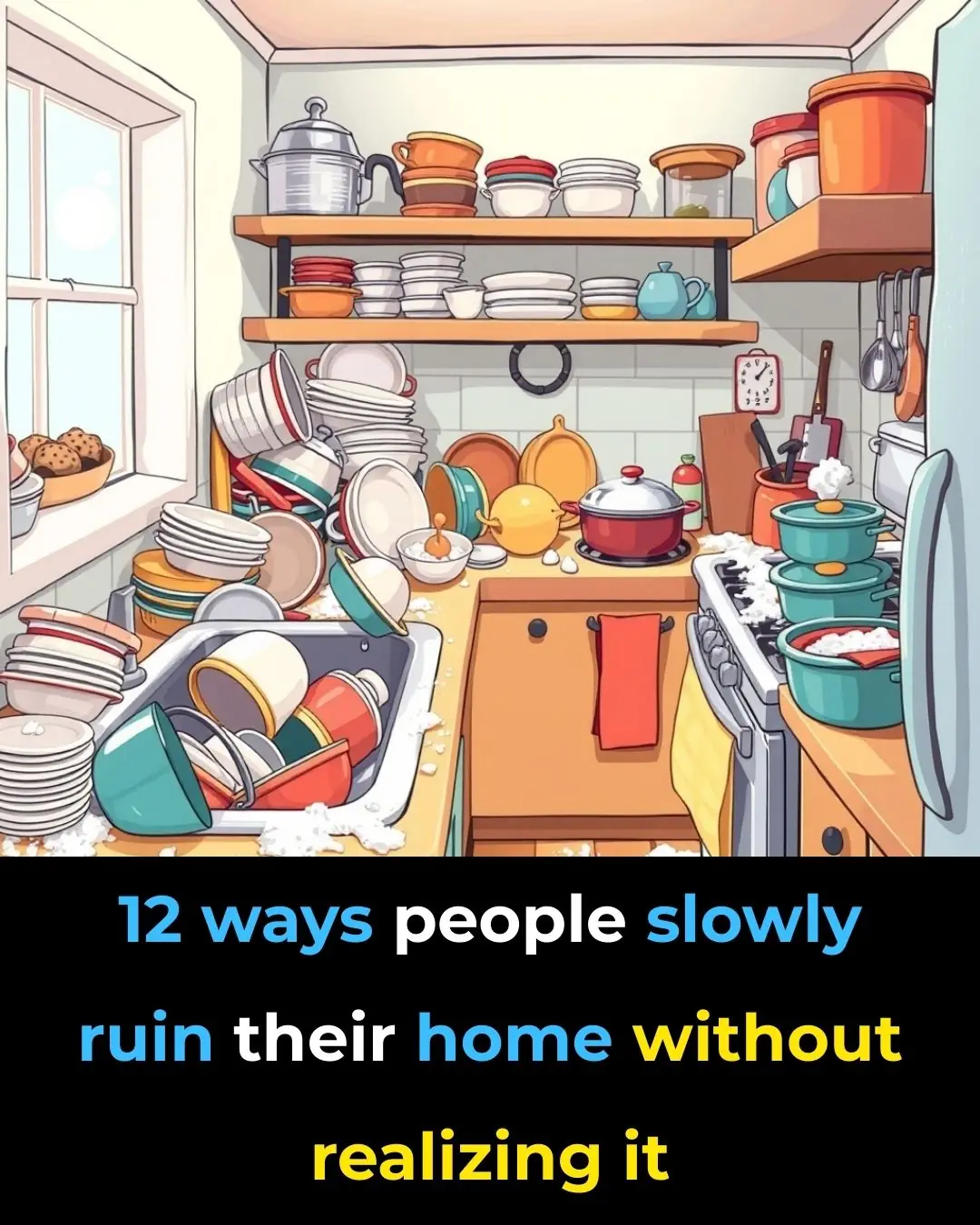
12 Small Habits That Could Be Ruining Your Home

Are Brown Recluse Bites Really That Dangerous? Here’s What You Should Know
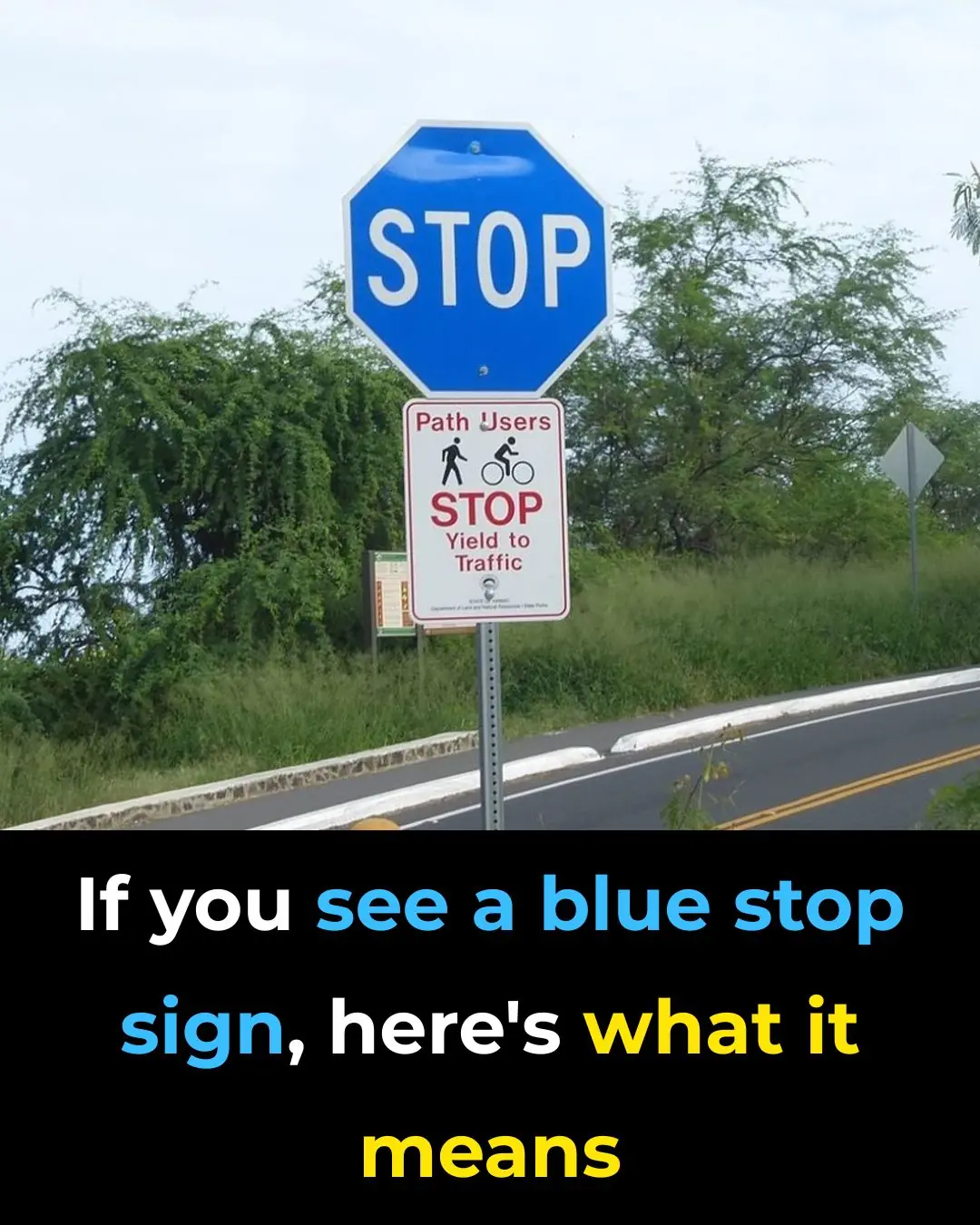
Blue Stop Signs: What Do They Mean?

15 Phrases You Should Never Tell a Man to Avoid Tension

The UK Has Created a Robot Fish That Eats Ocean Plastic and Powers Itself by Digesting It, Eliminating the Need for a Battery

MrBeast finally reveals his net worth after admitting how much is in his bank account live on stream

Influencer trapped in one of the most remote places on Earth faces brutal fine as legal fate is revealed

Texas announces major plan to fight flesh-eating flies as they prepare to descend on the US

The Volume Buttons on Your iPhone Have Countless Hidden Features
Your iPhone’s volume buttons may seem simple, but they’re packed with powerful, time-saving shortcuts. From snapping perfect photos without touching the screen to activating emergency calls in seconds, these “secret” tricks can make your iPhone ex

The reason dogs often chase and bark some people but not others
While dogs are often called “man’s best friend,” not every interaction starts with a wagging tail. Sometimes, a dog will bark, growl, or even run after a person — and the reasons go far deeper than simple playfulness.

Can You Find the Hidden Pipe? Only 2% Can!
News Post

Does Chest Pain Always Mean a Heart Attack?

10 Tasty Snacks Packed With Good-for-You Carbs

Pokeweed: The Attractive but Highly Toxic Plant Growing in Your Backyard

Goosegrass: Health Benefits and Uses

The Powerful Health Benefits of Lipton, Cloves, and Ginger Tea Every Woman Should Know

Drink this before bed to balance blood sugar & stop nighttime bathroom trips!

This vegetable oil linked to “aggressive” tumour growth, study finds

The Miracle Tree: 16 Health Benefits of Moringa & How to Use It

Clove Collagen Gel : Night Gel For A Smooth & Tight Skin

Transform your skin with fenugreek seeds

8 Natural Remedies to Cure Sinus Infections Without Antibiotics

Watch – Mexico City is Converting Highway Pillars Into Vertical Gardens to Clean the Air and Beautify the City

Trump is Looking to Change Marijuana Laws in the Us and It Could Have a Major Impact

The Best Hair Growth Vitamins and Supplements to Fight Hair Loss

Foods to Eat if You Need to Poop – The Best Natural Laxatives to Relieve Constipation

The 4 vitamins this 87-year-old woman takes to stay aging (and you can too)

6 Powerful Castor Oil Benefits for Your Health and Wellness

The Possible Benefits of Himalayan Salt Lamp
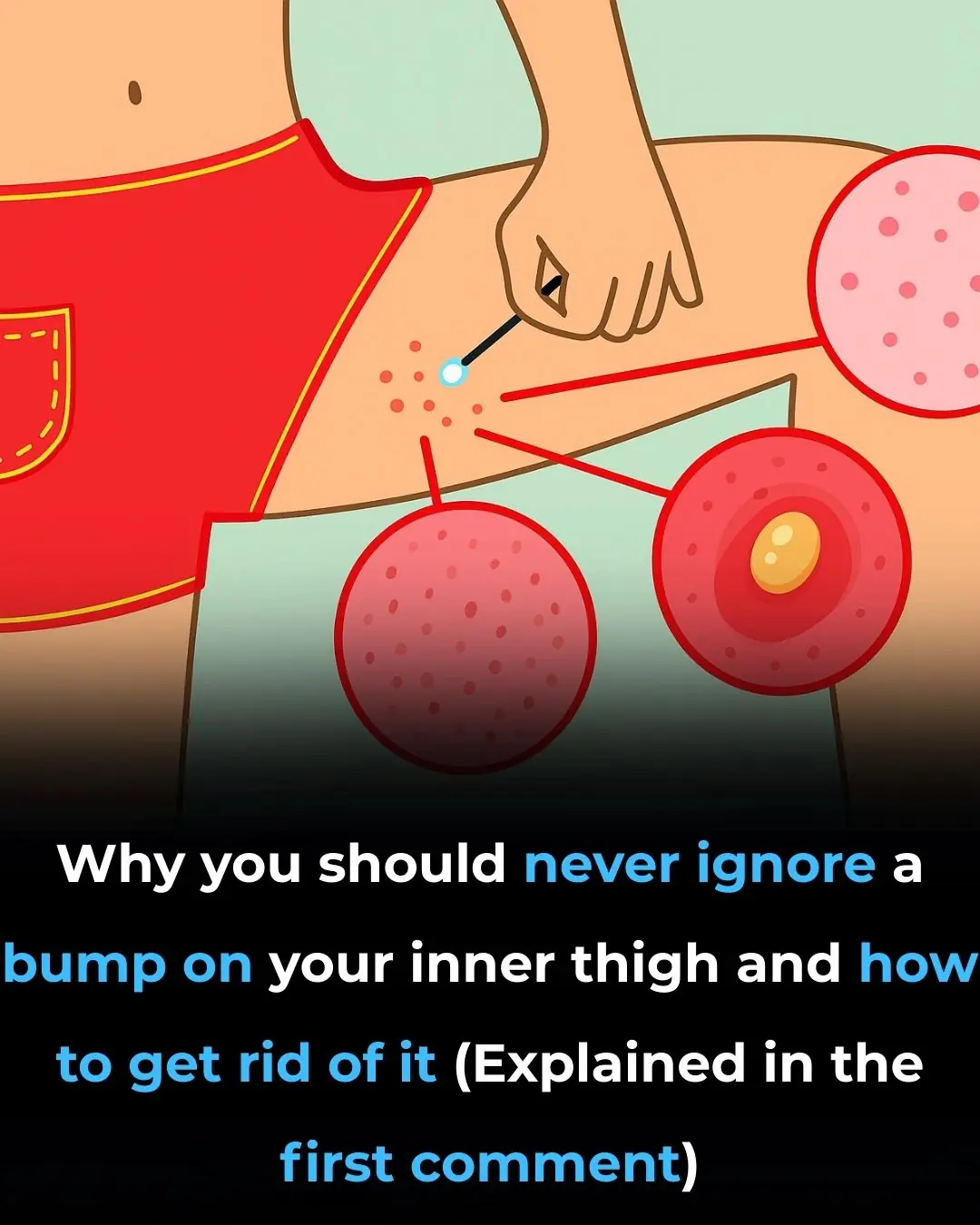
The Most Effective Ways to Get Rid of Bumps on Inner Thigh (Backed by Science)
